
The Rider On The White Horse: Bilingual Edition (English – German)
¥40.88
The Rider On The White Horse: Bilingual Edition (English – German)

The Best American Humorous Short Stories: Story Collection
¥24.44
The Best American Humorous Short Stories: Story Collection

The Prairie: Bilingual Edition (English – French)
¥40.88
The Prairie: Bilingual Edition (English – French)

Swann's way: Bilingual Edition (English – French)
¥40.88
Swann's way: Bilingual Edition (English – French)
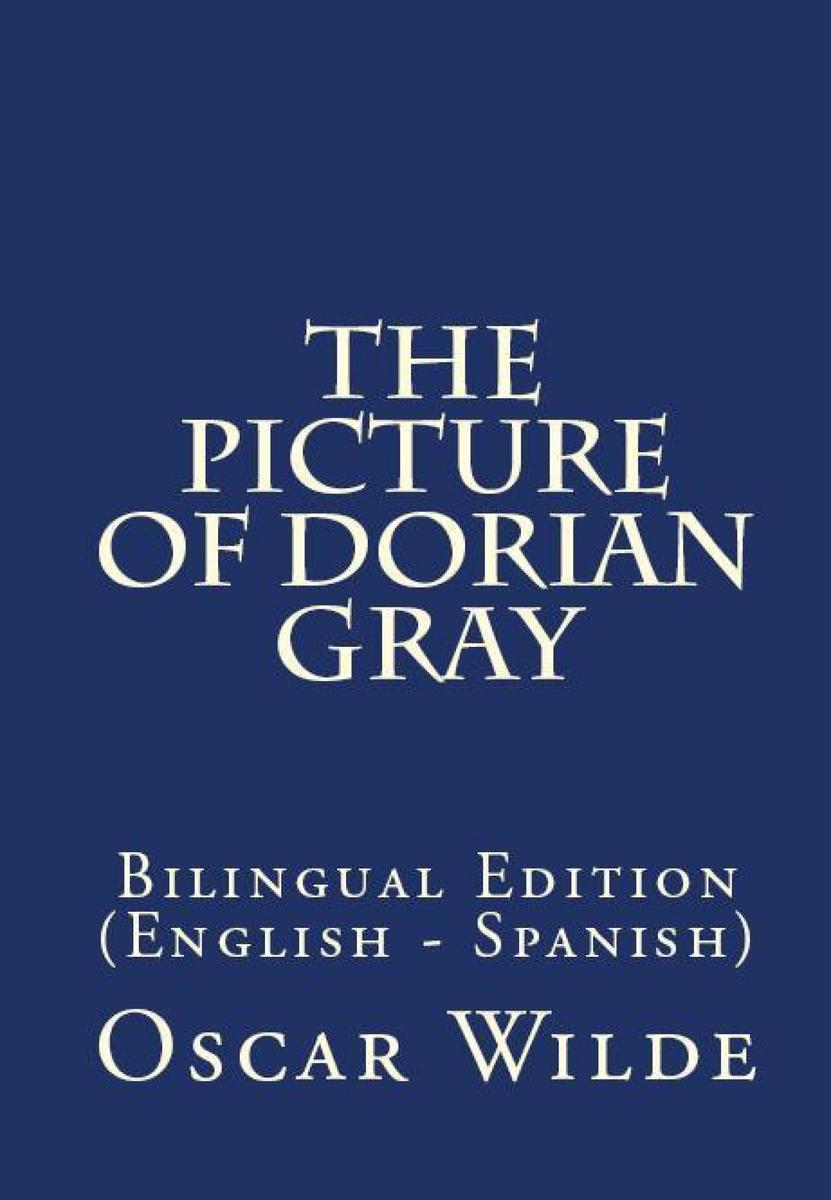
The Picture Of Dorian Gray: Bilingual Edition (English – Spanish)
¥40.88
The Picture Of Dorian Gray: Bilingual Edition (English – Spanish)
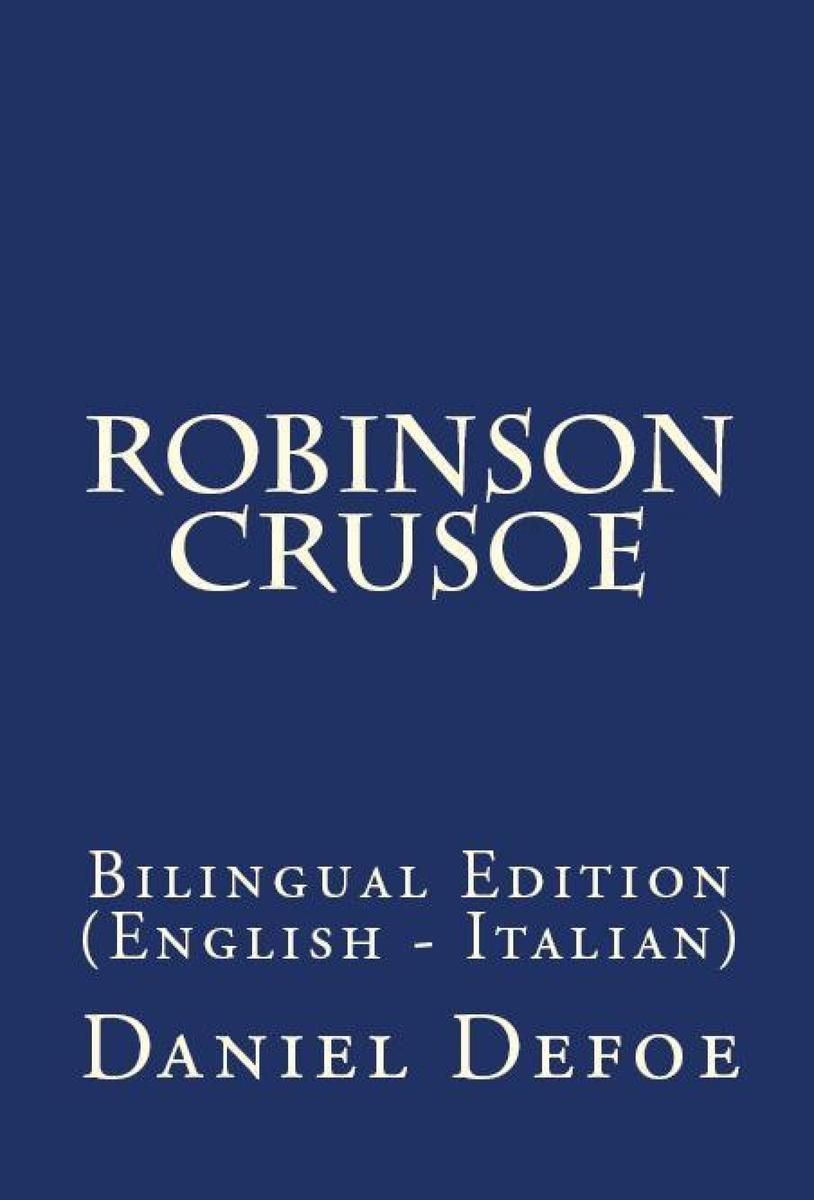
The Life And Adventures Of Robinson Crusoe: Bilingual Edition (English – Italian
¥40.88
The Life And Adventures Of Robinson Crusoe: Bilingual Edition (English – Italian)
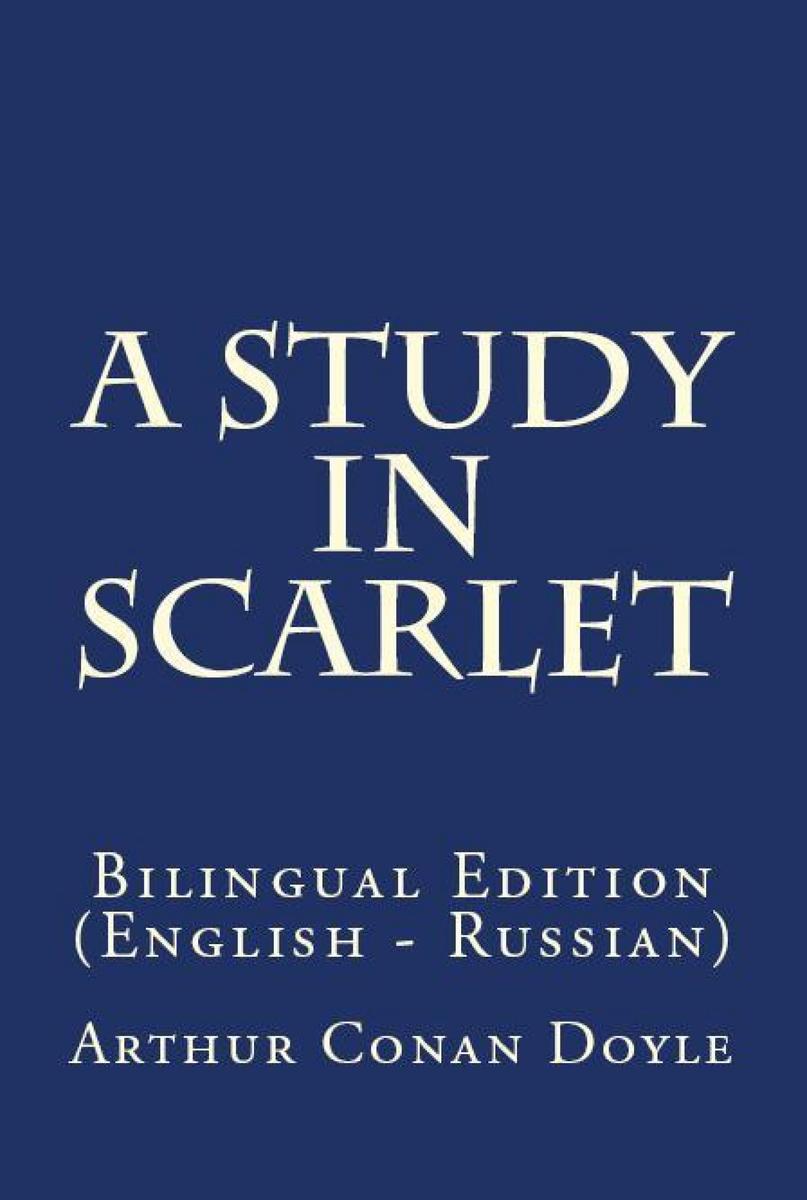
A Study In Scarlet: Bilingual Edition (English – Russian)
¥40.88
A Study In Scarlet: Bilingual Edition (English – Russian)
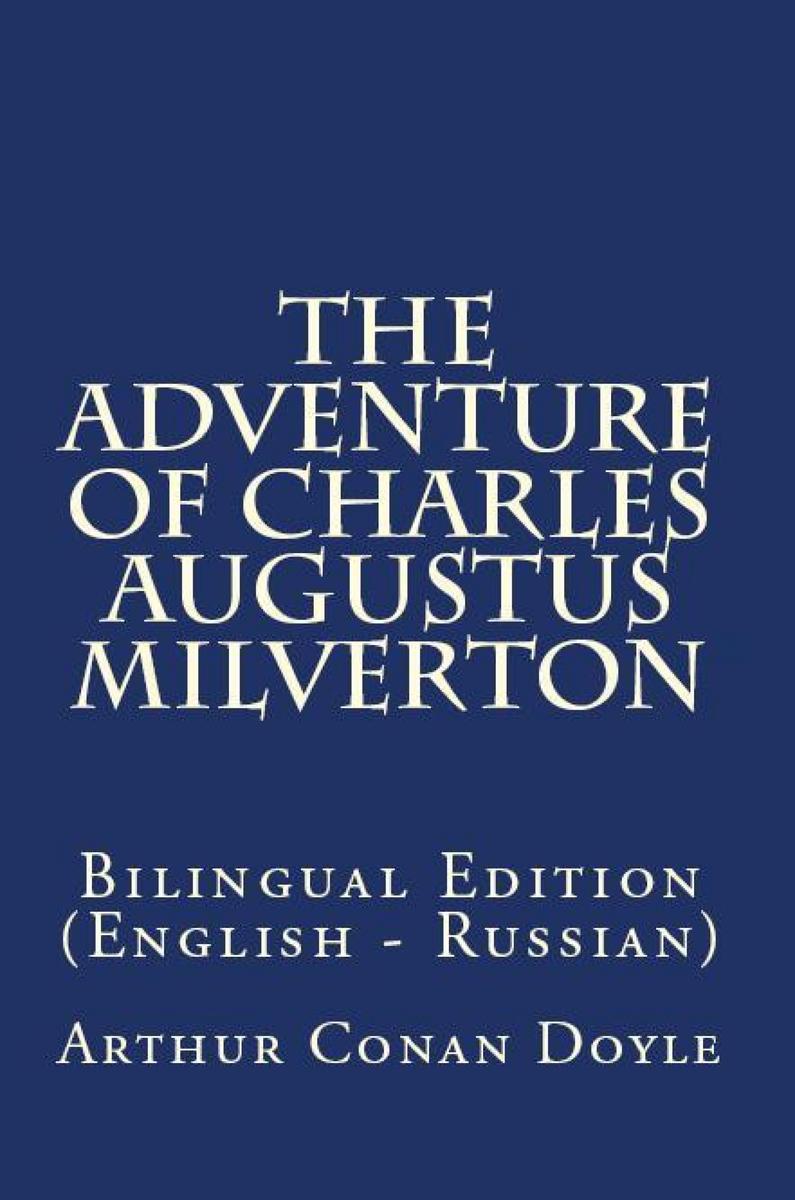
The Adventure Of Charles Augustus Milverton: Bilingual Edition (English – Russia
¥40.88
The Adventure Of Charles Augustus Milverton: Bilingual Edition (English – Russian)
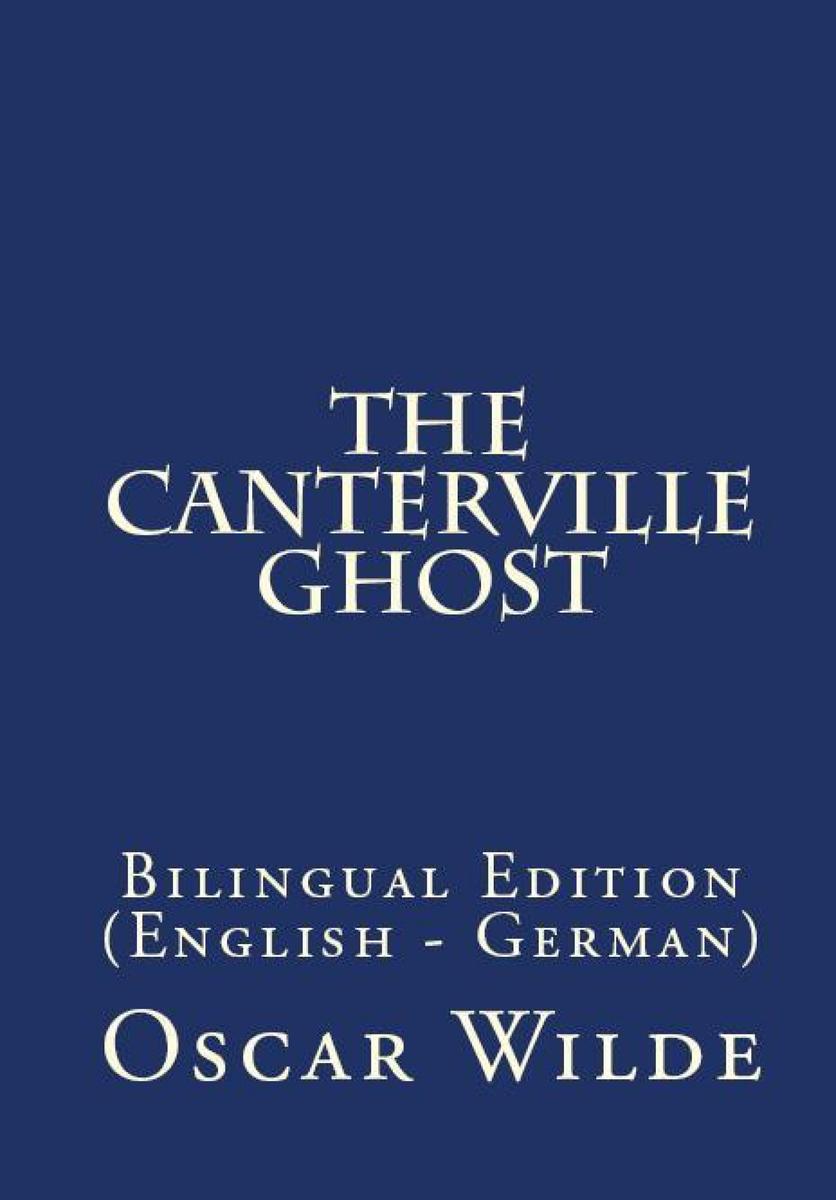
The Canterville Ghost: Bilingual Edition (English – German)
¥40.88
The Canterville Ghost: Bilingual Edition (English – German)
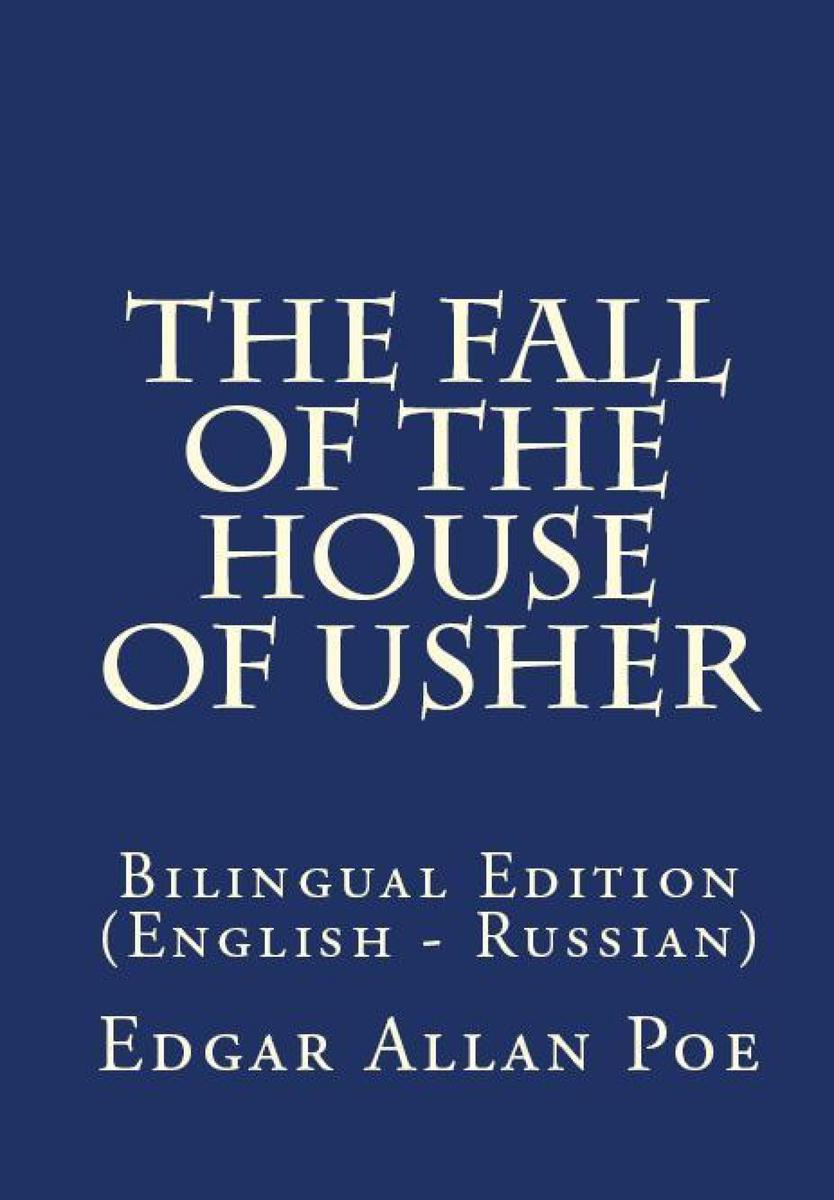
The Fall Of The House Of Usher: Bilingual Edition (English – Russian)
¥40.88
The Fall Of The House Of Usher: Bilingual Edition (English – Russian)
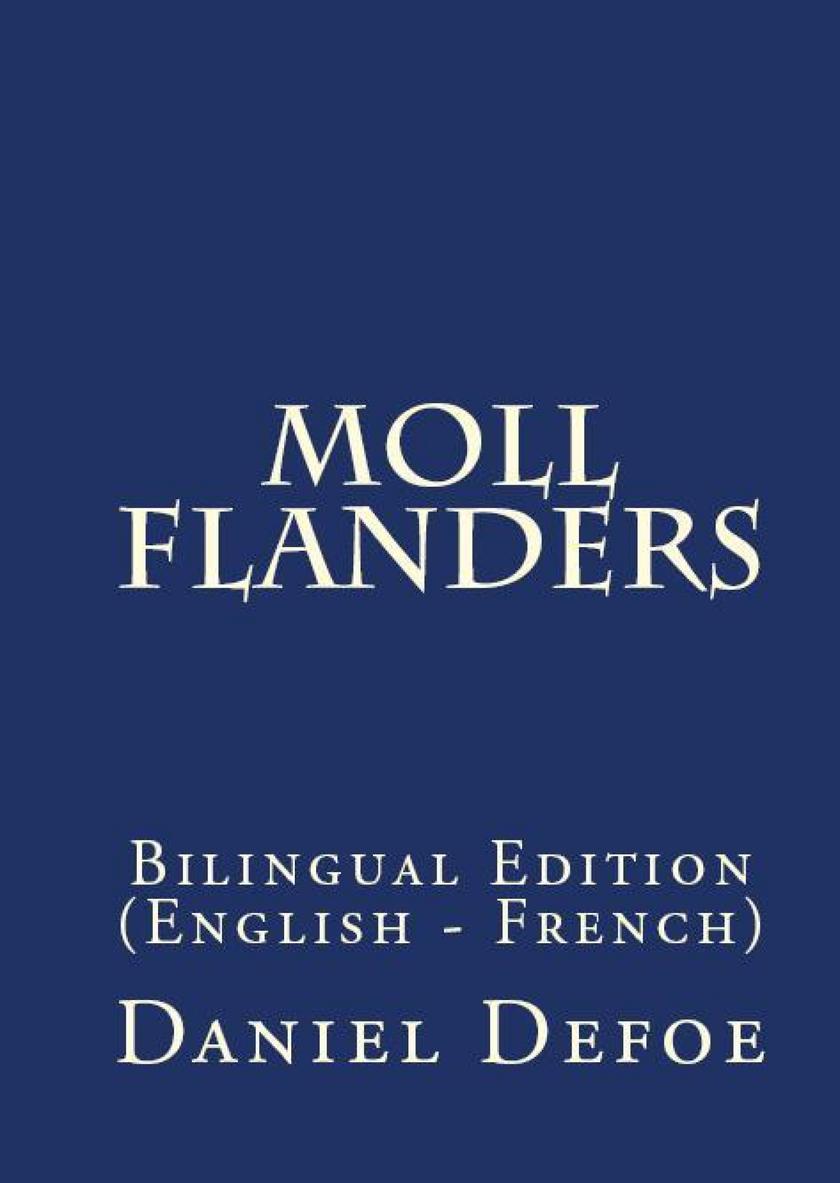
Moll Flanders: Bilingual Edition (English – French)
¥40.88
Moll Flanders: Bilingual Edition (English – French)
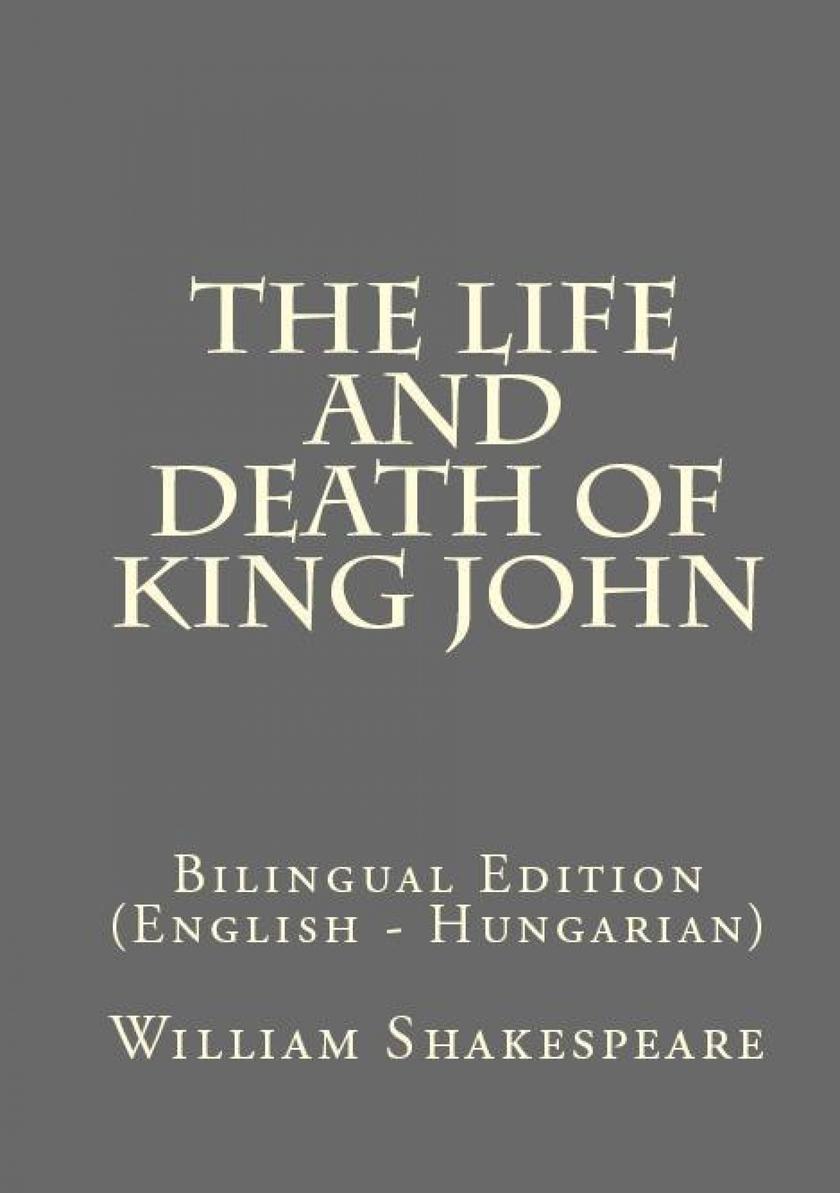
The Life And Death Of King John: Bilingual Edition (English – Hungarian)
¥40.88
The Life And Death Of King John: Bilingual Edition (English – Hungarian)
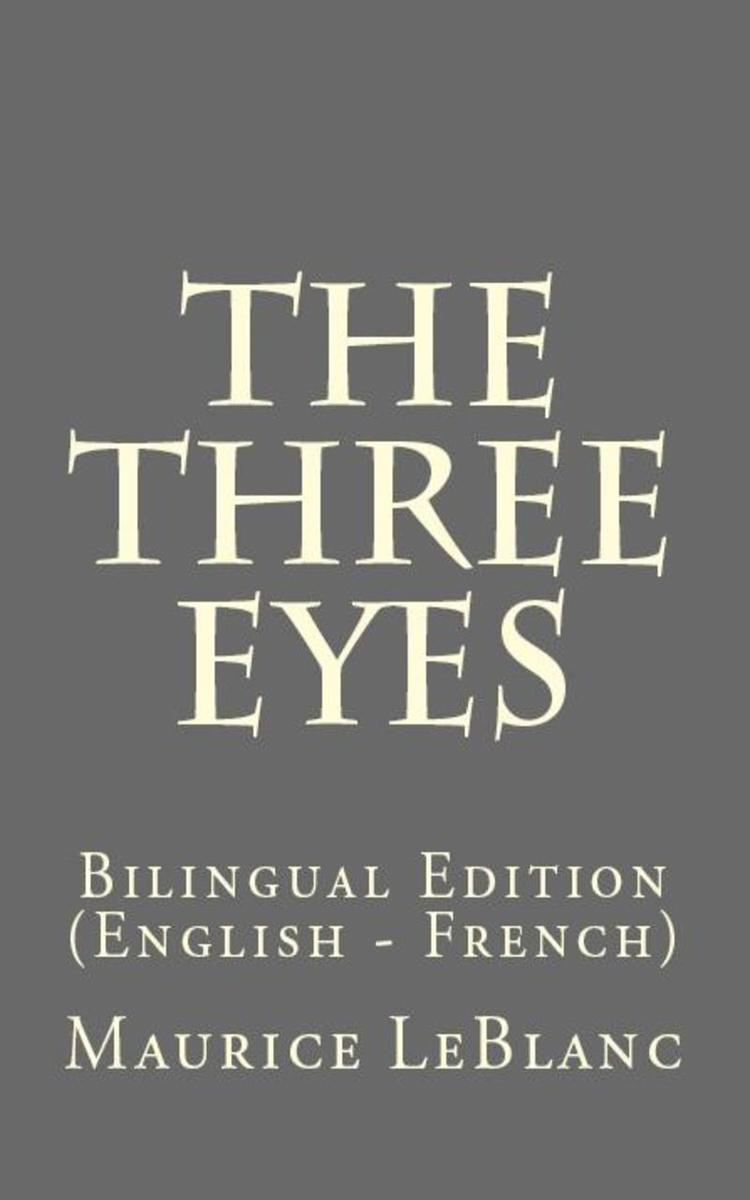
The Three Eyes: Bilingual Edition (English - French)
¥40.88
The Three Eyes: Bilingual Edition (English - French)

Espana Britannia
¥98.98
Espana Britannia

A Chambermaid's Diary: Bilingual Edition (English – Russian)
¥40.88
A Chambermaid's Diary: Bilingual Edition (English – Russian)
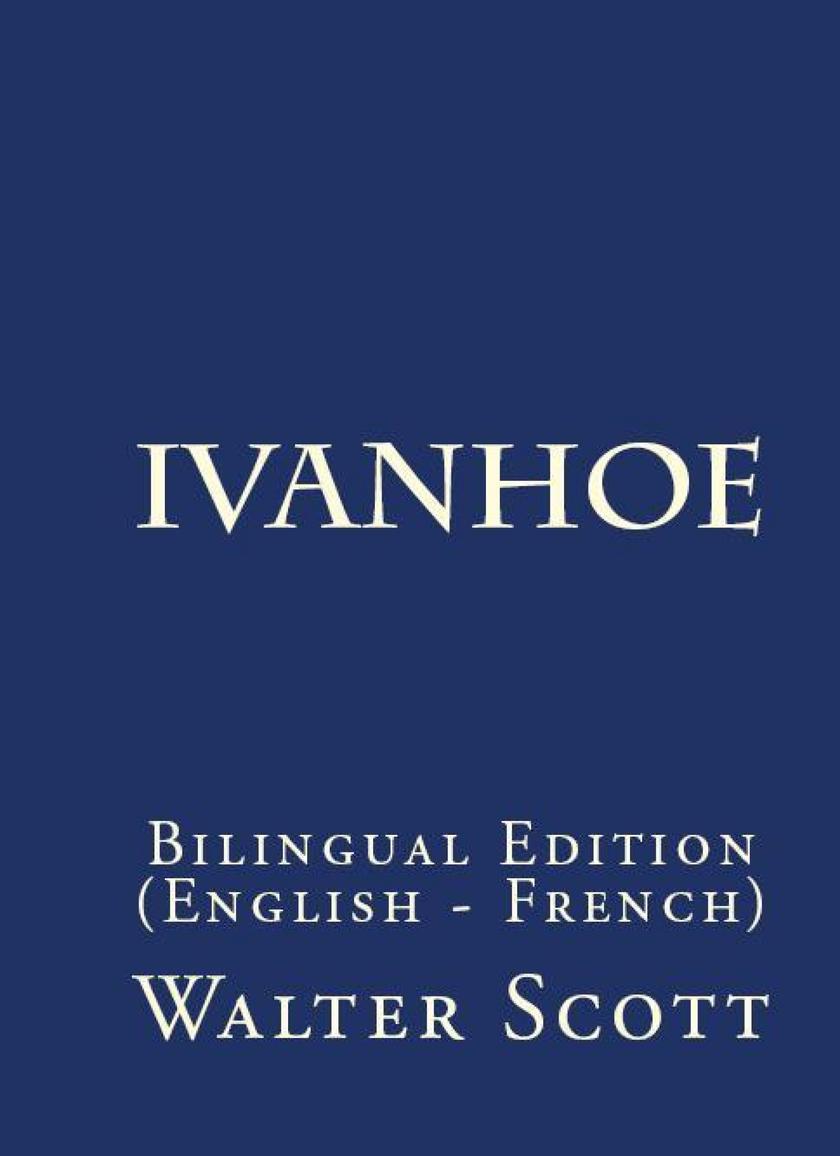
Ivanhoe: Bilingual Edition (English – French)
¥40.88
Ivanhoe: Bilingual Edition (English – French)

10 Condutas básicas que você deve ter no trabalho
¥8.18
10 Condutas básicas que você deve ter no trabalho

The Lady Of The Camellias: Bilingual Edition (English – French)
¥40.88
The Lady Of The Camellias: Bilingual Edition (English – French)

The Three Musketeers: Bilingual Edition (English – French)
¥40.88
The Three Musketeers: Bilingual Edition (English – French)

Real Estate Sales: 3 Manuscripts - Real Estate Investor, Real Estate Rental, Rea
¥32.62
Real Estate Sales: 3 Manuscripts - Real Estate Investor, Real Estate Rental, Real Estate Agent

A Comparative View of Religions
¥24.44
A Comparative View of Religions




 购物车
购物车 个人中心
个人中心



